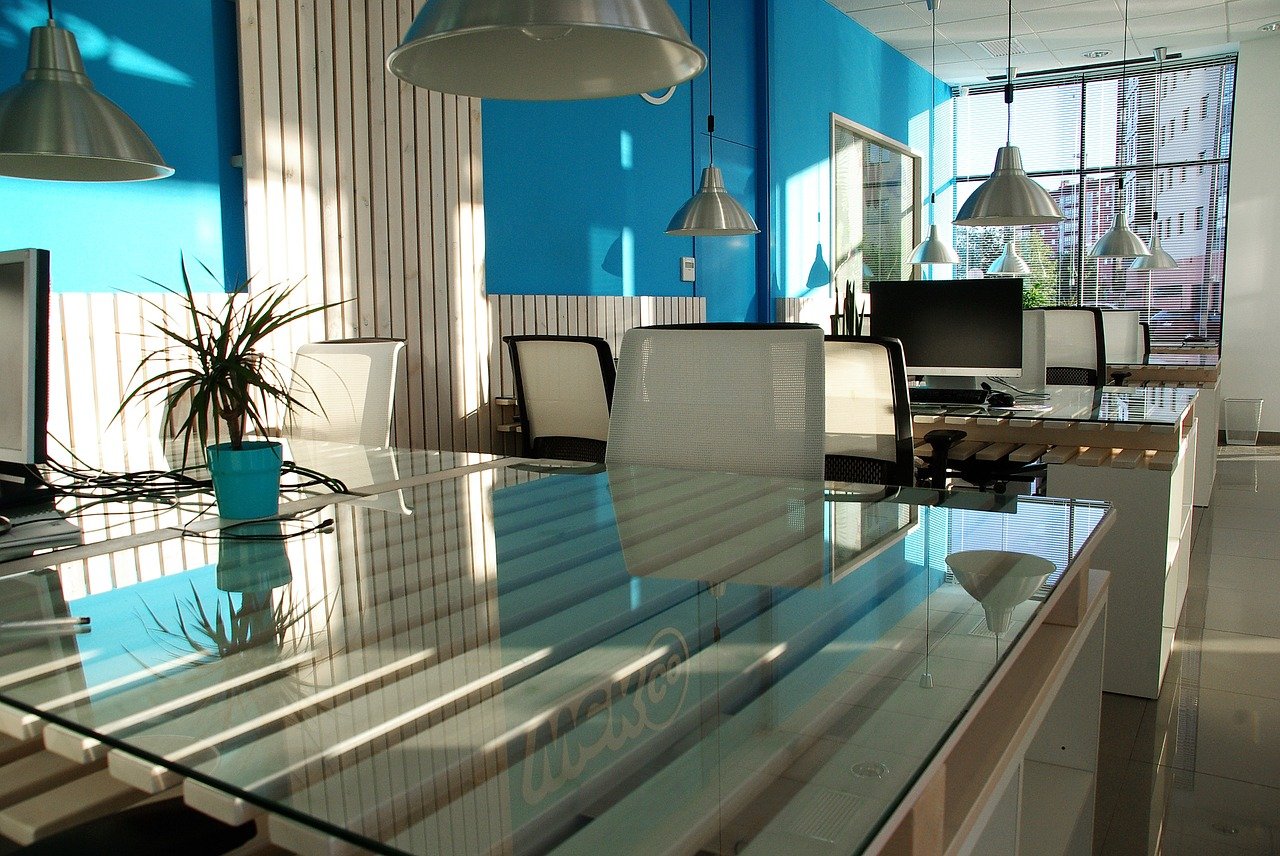
We spend a great deal of our time at the office. It may not pop straight in our heads while we’re sitting there, but as we grind away, we are at risk of exposure to a bevy of airborne allergens and contaminants that can be brought on by an indoor air environment that is not being properly taken care of.
It’s important to be insistent on clean surroundings to conduct business. Before you start listing off demands, here are a few things for you and your co-workers to consider, and approach making a healthier workplace for everyone.
1. Eliminating Environmental Contaminants

Taking out dangerous chemical compounds and contaminants is the first step in making sure your office is not doing you any physical harm during your 9 to 5. Volatile organic compounds (VOCs) are gases emitted from certain liquids or solid, and they include a variety of chemicals that possess both long-term and short-term health effects.
Formaldehyde is one of the more common VOCs. Formaldehyde is a colorless gas with an acidic smell and is common in building materials like adhesives and glues. Burning fuels, like kerosene and gas, also release VOCs. They can even be found in some cleaning agents, perfume, and hair spray. These VOCs have a tremendous impact on your air quality and your overall health.
Exposure to volatile organic compounds can cause throat irritation, headaches, nausea, and dizziness. In more serious cases, kidney damage and issues with the central nervous system can be caused by extended exposure to a high concentration of VOCs. Urge your building manager or custodial team to opt for products that give off low levels of VOCs, avoiding certain aerosol deodorizers or paints.
2. Cleaning Your Filters

The Environmental Protection Agency, or EPA, has recommended companies to work with their employees to create a plan for a greener tomorrow, and that includes the upkeep of any air conditioner or furnace. Clogged or dirty air filters in a building’s HVAC system allow contaminants, like pollen and dust, to build up. This will aggravate symptoms for people with asthma, allergies, or other illnesses.
A clean air filter can also be beneficial to the overall efficiency of an HVAC unit. Regular filter maintenance leads to fewer needed repairs, as contaminants and dust aren’t blocking ductwork and components of the unit to cause it to function improperly. This also prevents volatiles, like those in exhaust fumes, from impacting indoor air quality. Regular maintenance for clogged or dirty air filters keeps contaminants from putting your health at risk while you sit at your desk.
3. Ventilation is key.

The best thing you can do for indoor air is to bring in some outdoor air. Getting a cross breeze by opening windows and doors will help to remove air toxins and reduce VOC presence in your work environment. Odors can linger, so it’s important to isolate where the stenches are coming from and work to resolve the issue immediately.
After all, let’s say you open a CBD business and have a noticeable musty odor. That will keep customers at bay immediately. You want to make sure your customer is having the best experience possible. A few other tips for entering the CBD business include considering your packaging. Whether your CBD products are gummies or oils, you want something eye-popping that will draw a first-time customer and have them associate the label with your product and its potency.
If you’re entering the CBD market, be sure to know the ins and outs of the cannabis plant. Be sure to promote the claims of physical and mental healing linked to CBD in recent years, while calming naysayers who fear they will get high. Assure them that CBD avoids the presence of THC, the psychoactive agent in marijuana. Happy customers and safe customers are repeat customers.